New Delhi, 1 February 2021: In the first Union Budget after introduction of new National Education Policy (NEP), Finance Minister of India Nirmala Sitharaman gave special attention to the policy and announced a number of targets under this. However, the ambitious targets when compared with the budget allocated to the education sector, do not reflect the same ambition. The minister announced 6.1 per cent less amount to education sector as compared to budget estimate of previous year.
While reading the budget speech, the minister said, "The National Education Policy (NEP) announced recently has had good reception. More than 15,000 schools will be qualitatively strengthened to include all components of the National Education Policy. They shall emerge as exemplar schools in their regions, handholding and mentoring other schools to achieve the ideals of the Policy."
The finance minister allocated Rs 93,224 crore around 9.4 per cent increase from the revised budget of 2020-21 and 6.1 per cent less than the budget estimate of the same year.
It should be noted that NEP was announced last year and the government was supposed to give a push to it now since Covid-19 induced lockdown had put entire education sector on halt for almost a year.
Expressing his views on the same Shashank Pandey, Co-founder, ConveGenius says, "Ever since NEP 2020 was announced, I was looking forward to the next steps to it. Though impressive, the policy was highly ambitious in its terms. Budget 2021 is a major milestone in actualising the impact potential of NEP 2020. The Budget 2021 mentions many targets that are directly aligned towards NEP 2020 and hence has a great potential in impacting the education sector."
Initiatives for NEP announced in the Budget speech
- Standards will be developed for all school teachers in the form of National Professional Standards for Teachers- NPST. This will enhance the capabilities of teachers and will be followed by all 92 lakh teachers of public and private school system in the country.
- Toys are both an expression of entertainment and learning. A unique indigenous toy-based learning - pedagogy for all levels of school education will be developed. This will transform classroom transactions from mundane and rote learning to an engaging and joyful experience
- A National Digital Educational Architecture (NDEAR) will be set up within the context of a Digital First Mindset where the Digital Architecture will not only support teaching and learning activities but also educational planning, governance and administrative activities of the Centre and the States/ Union Territories. It will provide a diverse education eco-system architecture for development of digital infrastructure, a federated but inter operable system that will ensure autonomy of all stakeholders, specially States and UTs.
- For children with hearing impairments, the Government will work on standardization of Indian Sign language across the country, and develop National and State Curriculum materials for use by them.
- There are a number of senior and retired teachers. They will be used for individual mentoring of school teachers and educators through constant online/offline support on subjects, themes and pedagogy.
- Students have so far been evaluated on uni-dimensional parameters. There will be a complete shift from using assessments to not only judge the cognitive levels of the learner but also using it as an opportunity to identify the unique strengths and the potential of the child. To this effect, a holistic progress card is envisaged to provide students with valuable information on their strengths, areas of interest, needed areas of focus and thereby helping them in making optimal career choices.
- To enable increased access of resources, online modules covering the entire gamut of adult education will be introduced.
- During the year, despite the COVID-19 pandemic, we have trained more than 30 lakh elementary school teachers digitally, covering the whole gamut of education. Taking this further, in 2021-22, we will enable the training of 56 lakh school teachers through the National Initiative for School Heads and Teachers for Holistic Advancement (NISTHA)
- For the past few years our Prime Minister has been engaging with students every year before their Board Exams to help them overcome anxiety and stress. In this direction, we will introduce CBSE Board Exam reforms in a phased manner to be effective from the 2022-23 academic session. Exams will move away from rote-learning and students shall be tested on their conceptual clarity, analytical skills and application of knowledge to real life situations.
- To promote enhanced academic collaboration with foreign higher educational institutions, it is proposed to put in place a regulatory mechanism to permit dual degrees, joint degrees, twinning arrangements and other such mechanisms.




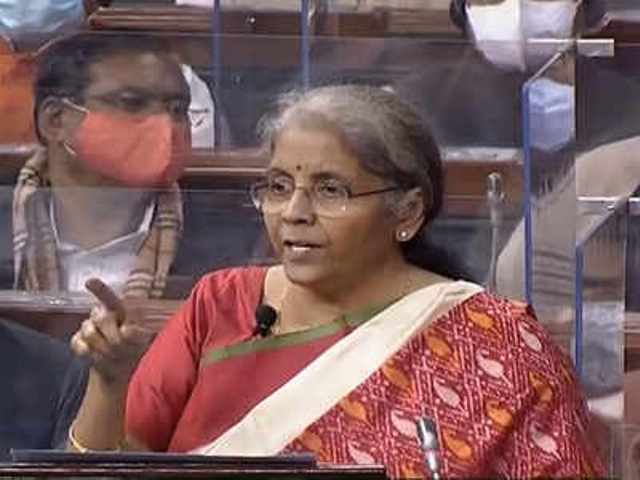
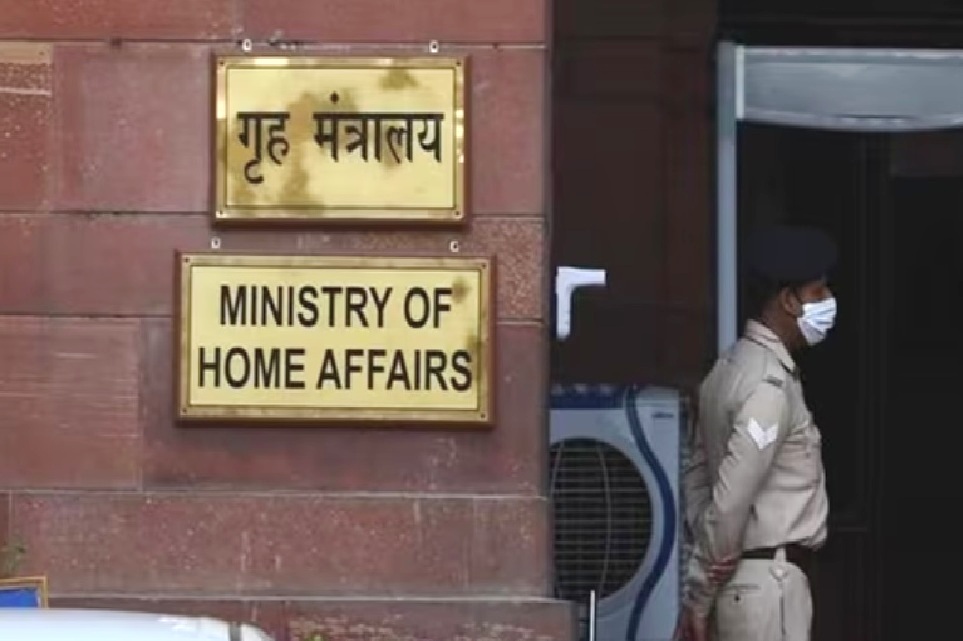
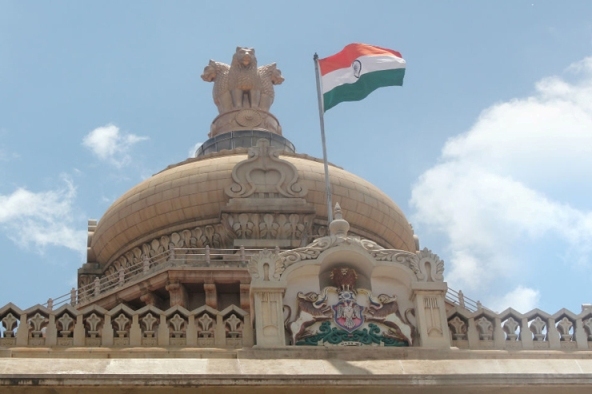
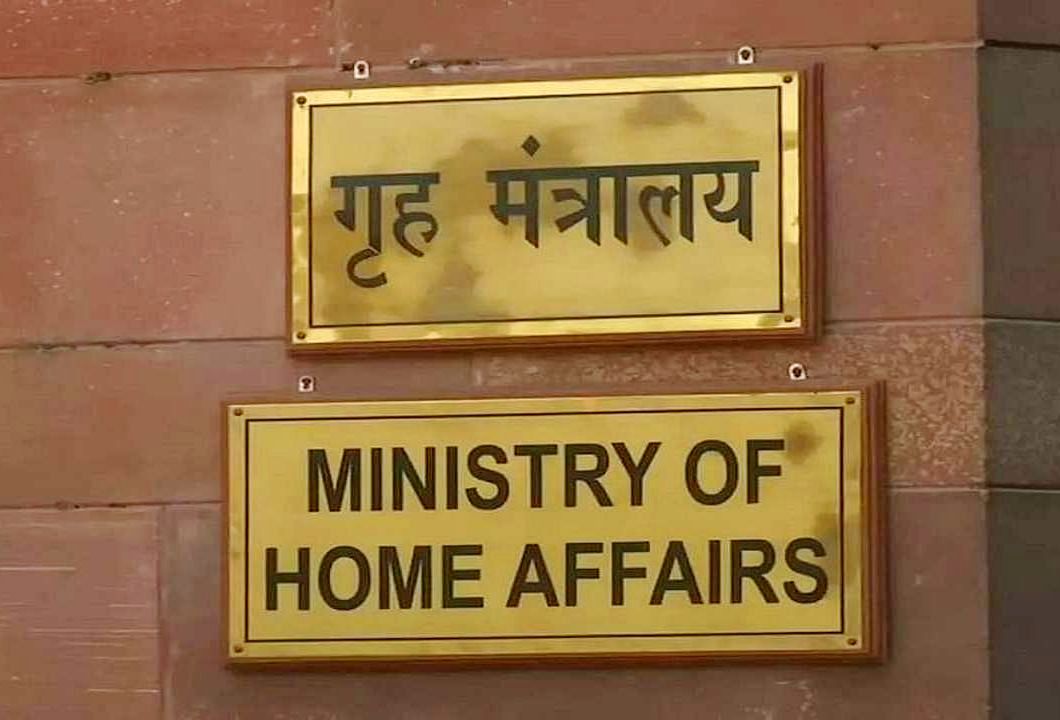
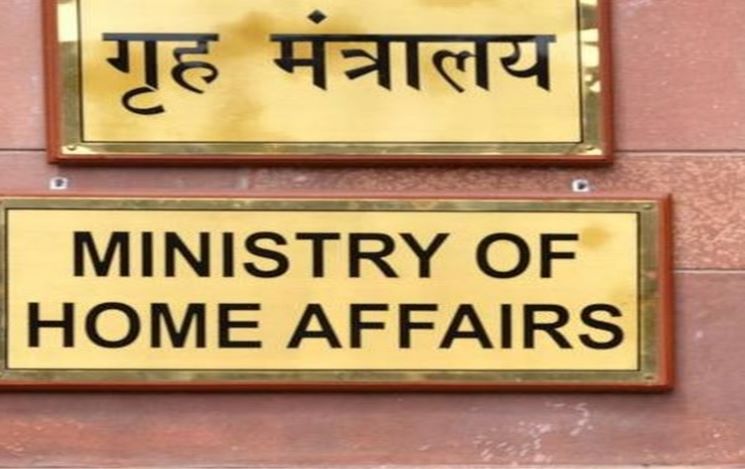
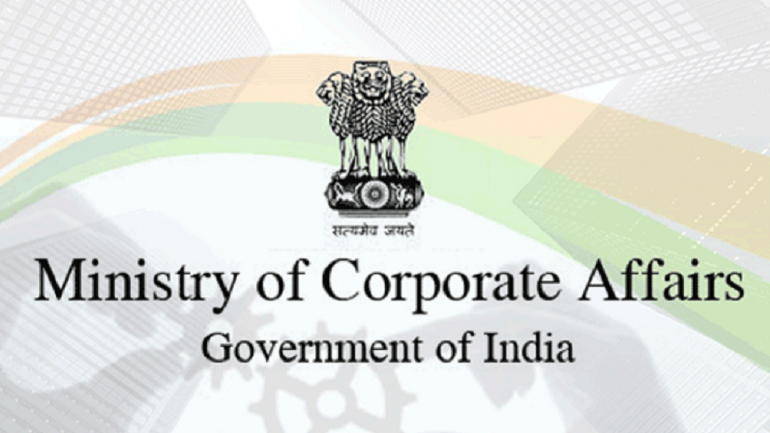
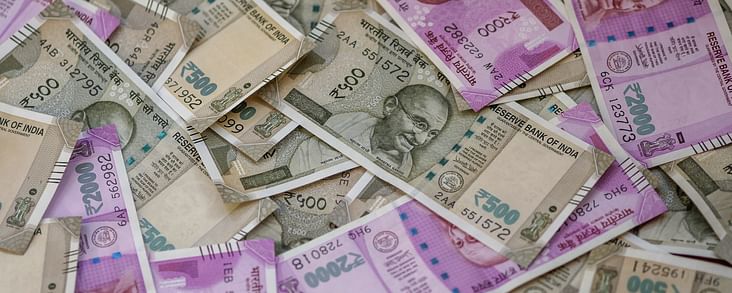









.jpg)



